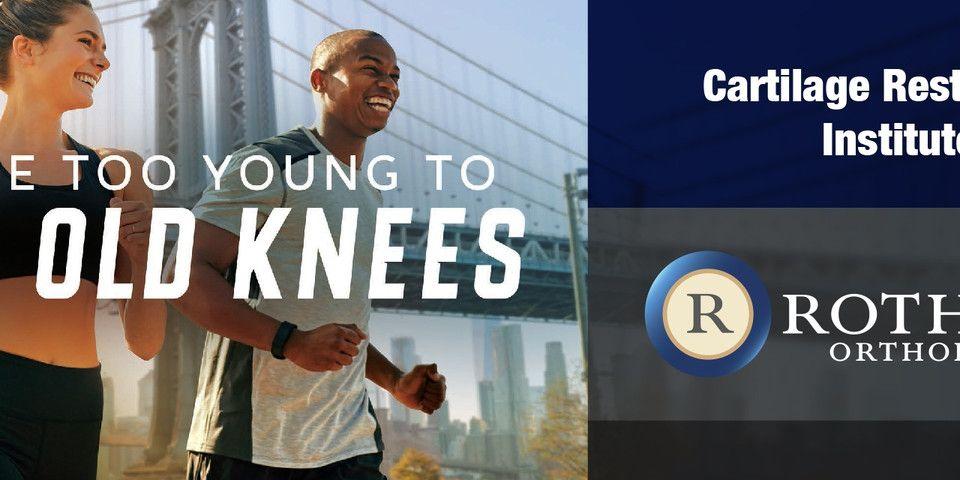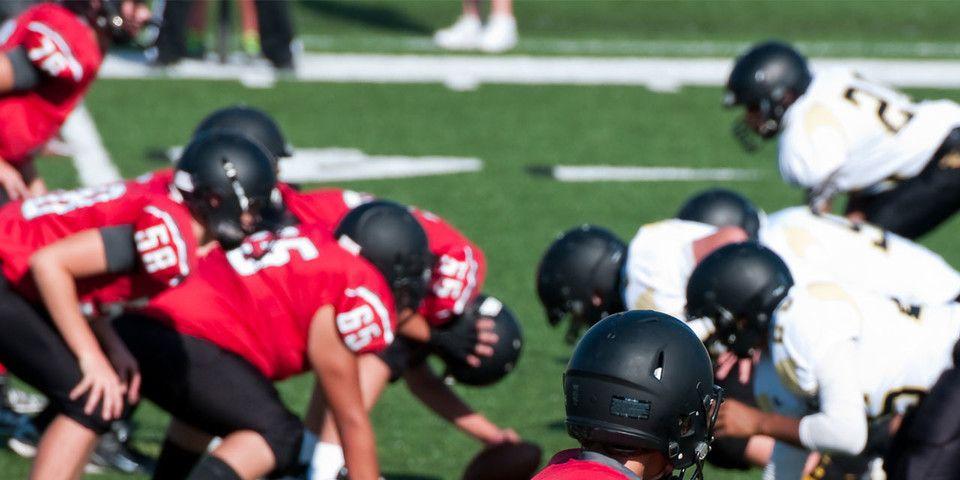Achilles Tendonitis Treatment for Basketball Players
Explore achilles tendonitis treatment options at Rothman Orthopaedic Institute.
Sports that involve lots of running, quick movements, and high-impact usage of the legs, ankles, and knees are the most common culprits for Achilles tendonitis among athletes. Because of the nature of the game and the physical motions involved, basketball players are often among the athletes most affected by this condition.
If you are a basketball player, coach, or parent of a player, taking time to learn about the nature of Achilles tendonitis causes, injuries, and treatments can help to prevent injuries from occurring, and to ensure that players receive the best available care if tendonitis injuries do occur.
The Connection Between Basketball and Achilles Tendonitis
Achilles tendonitis results from stress and overuse of the affected Achilles tendon, which connects the heel bone to the calf muscle and enables normal physical actions, like walking, jumping, and climbing steps. When exposed to overuse or extreme stress, the tendon may experience the inflammation and irritation which are indicative of tendonitis.
What is the relationship between basketball activity and the causes of this condition?
-
Increase of the intensity or duration of your physical activity (such as at the beginning of basketball season) can create serious stress on the tendon.
-
Calf muscle strain during basketball activity can cause or exacerbate tendon stress and irritation.
-
Quick stops and directional changes in basketball can stress and irritate the Achilles tendon.
-
Improper technique when jumping, landing, or running can cause symptoms.
-
Improperly fitted shoes or incorrect footwear can contribute to tendon stress.
Symptoms of Achilles Tendonitis
Detecting the onset of Achilles tendonitis can help to prevent further damage or associated injuries (such as a tear of the Achilles tendon). The following symptoms may indicate the presence of Achilles tendonitis:
-
Swelling and inflammation along the back of the calf or heel (may increase following activity)
-
Pain along the Achilles tendon
-
Heightened pain following activity
-
Visible thickening of the affected tendon
-
Stiffness along the tendon, particularly during the morning
Achilles Tendonitis Treatment
If you are experiencing Achilles tendonitis symptoms, an examination by a qualified doctor or specialist will determine the specific nature of your condition and the best treatment plan.
Among athletes, these injuries can often be effectively treated with a simple reduction of high-impact activity and the administration of non-surgical treatments and therapies. For many basketball players, temporarily ceasing, reducing, or changing their basketball activity may prove sufficient for managing tendonitis.
Depending on the severity of your particular case, the following treatment options will be recommended:
-
Reduction/cessation of high-impact athletic activity
-
Rest, icing, compression, and elevation
-
Physical therapy and Achilles tendon specific exercises
-
The use of supportive devices, such as an Achilles sleeve, or in severe cases, an Achilles boot
-
Supportive shoes and orthotics
-
Anti-inflammatory medications
-
Surgery; in serious tendonitis cases or tendon ruptures, surgery may be necessary to rebuild and restore function of the Achilles tendon
If you are a basketball player and you are experiencing the symptoms of tendonitis, seeking out Achilles tendonitis treatment is essential for the future of your orthopaedic health and your athletic career. For the most effective treatment options available, contact the Sports Medicine specialists at Rothman Orthopaedic Institute. To learn more, visit us here or contact us at 1-800-321-9999.
Related Specialties
Related Conditions
Related Treatments
Related Programs
-

Cartilage Restoration Institute
This is a center where patients can go to have their disabled joint biological resurfaced, realigned, and stabilized without having the joint replaced by artificial materials such as metal and plastic. It is well known that the outcomes of patients under the age of 50 undergoing artificial joint replacement are not as good as we would like. Therefore we feel the future of Orthopaedics is to try to restore a joint back to its original anatomy by realignment, ligament reconstruction, and cartilage restoration.Read More -

Injury Prevention Program
The Injury Prevention Program at the Rothman Orthopaedic Institute is dedicated to the prevention of injuries from athletic participation, particularly youth sports.Read More




